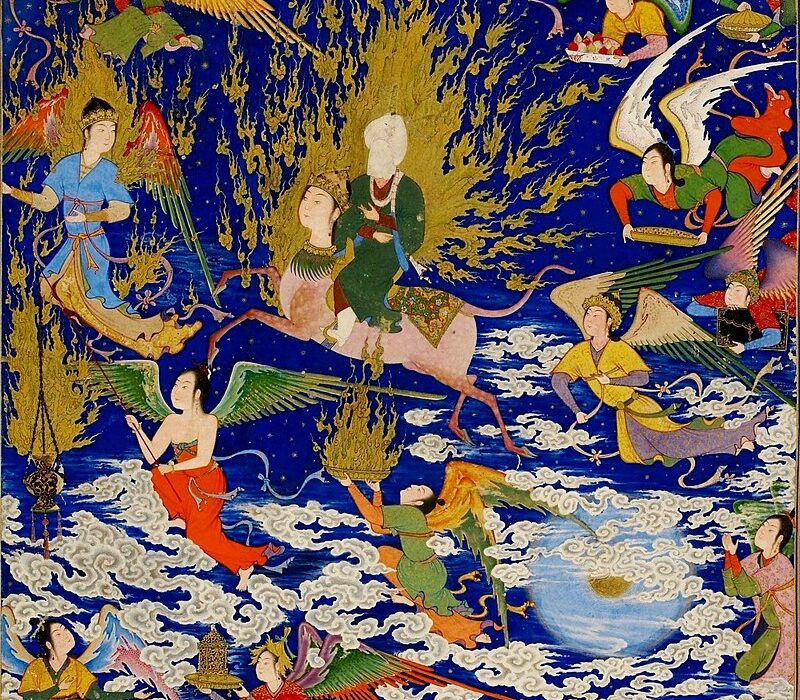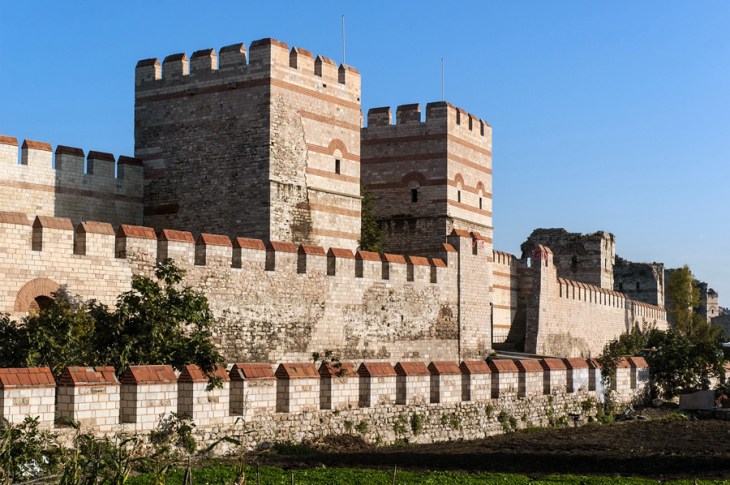Dante e Maometto, argonauti del cielo, sciamani dell’anima – Walter Venchiarutti
Lo sciamano per definizione è colui che tramite i suoi poteri estatici riesce ad entrare in contatto con esseri intermediari (spiriti, dei, demoni) e attraverso queste esperienze procura il buon andamento del gruppo di appartenenza. In ambito tribale il medicine man si reca dalla divinità celeste o infernale per impetrare una buona caccia,


